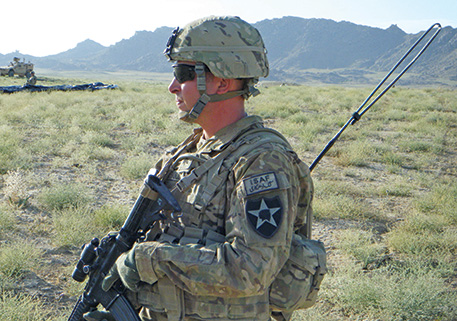Urge House to Work with Senate to Reach a Bipartisan, Bicameral Agreement
Joint Statement from AMVETS, DAV (Disabled American Veterans), Iraq and Afghanistan Veterans Association (IAVA), Military Officers Association of America (MOAA), Military Order of the Purple Heart (MOPH), Veterans of Foreign Wars (VFW), Vietnam Veterans of America (VVA), and Wounded Warrior Project (WWP)
As organizations who represent and support the interests of America’s 21 million veterans, and in fulfillment of our mandate to ensure that the men and women who served are able to receive the health care and benefits they need and deserve, we are calling on Members of Congress to defeat the House vote on unacceptable choice funding legislation (S. 114, with amendments) scheduled for Monday, July 24, and instead work with the Senate to reach a bipartisan, bicameral agreement.
As we have repeatedly told House leaders in person this week, and in a jointly-signed letter on June 28, we oppose legislation that includes funding only for the “choice” program which provides additional community care options, but makes no investment in VA and uses “savings” from other veterans benefits or services to “pay” for the “choice” program.
Veterans health care benefits have already been “paid for” through the service and sacrifice of the men and women who wore our nation’s uniform, millions of whom suffered injuries, illnesses and lifelong disabilities.
In order to ensure that veterans can receive necessary care without interruption, we call on House leaders to take the time necessary to work together with Senate leaders to develop acceptable “choice” funding legislation that not only fills the current funding gap, but also addresses urgent VA infrastructure and resource needs that led to creation of the “choice” program in the first place.
All of our organizations are committed to building a future veterans health care system that modernizes VA and integrates community care whenever needed so that enrolled veterans have seamless access to timely, quality care. However, if new funding is directed only or primarily to private sector “choice” care without any adequate investment to modernize VA, the viability of the entire system will soon be in danger.
We call on leaders in both the House and Senate to work together in good faith, and we remain committed to supporting such efforts, in order to quickly reach an agreement that ensures veterans health care is not interrupted in the short term, nor threatened in the long term.






